Contacts
 info@leichuang.com
info@leichuang.com
 +86-13888029777
+86-13888029777
 No.38, Building D, AoChen Orange Community, CaiYun North Road, KunMing, Yunnan Province, China
No.38, Building D, AoChen Orange Community, CaiYun North Road, KunMing, Yunnan Province, China
——Aug 29, 2018Why Use Ferrous Sulfate Monohydrate for Lawns?
Ferrous sulfate monohydrate, also called iron sulfate, is a form of iron with several uses as a lawn treatment. Iron products encourage deep greening of turf grasses without encouraging excessive growth, helping lawns achieve a lush appearance without the overuse of nitrogen fertilizers. You can also use ferrous sulfate to lower the pH of soils that might be too alkaline to support a healthy lawn and to temporarily control unwanted mosses. Always use ferrous sulfate products according to label instructions or according to those provided by a qualified horticulturalist.
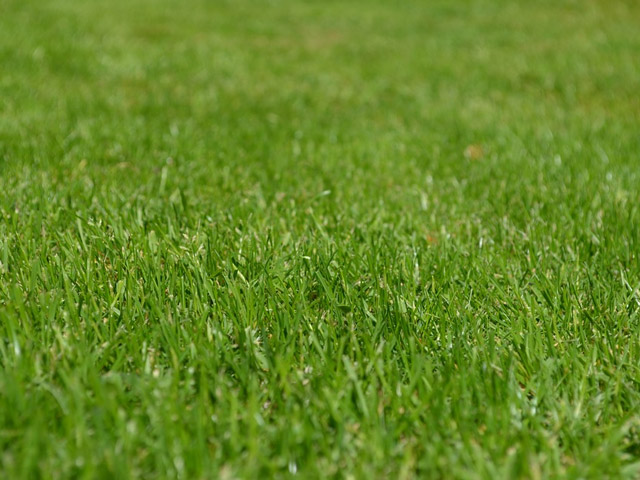
Soil Testing
Before applying any amendments or chemical treatments to your lawn, conduct a thorough soil test. Purchase a kit at a local garden center or consult a quality landscape service, if available in your area. Choose a test that assesses pH, organic matter content and chemistry. Iron deficiency causes yellowing of leaves, called chlorosis, and poor overall health of turf grasses. In alkaline soils with a pH well above 7.0, iron becomes bound to soil particles and unavailable for plant root absorption. Lowering your soil pH to a mildly acidic condition helps free iron, supporting healthier lawn growth.
Soil Acidification
Ferrous sulfate monohydrate contains about 19 percent iron, along with oxidized sulfur. When used as a soil treatment, naturally occurring soil microbes break down the component minerals. This frees sulfur and iron that grasses can use for photosynthesis, chlorophyll synthesis and to build essential enzymes and proteins. During the conversion process, a small amount of sulfur is released into the soil as sulfuric acid. This is a benefit to alkaline soil, as the process lowers its pH. However, too much iron sulfate can drive down soil pH too far, creating root environment that is excessively acidic.
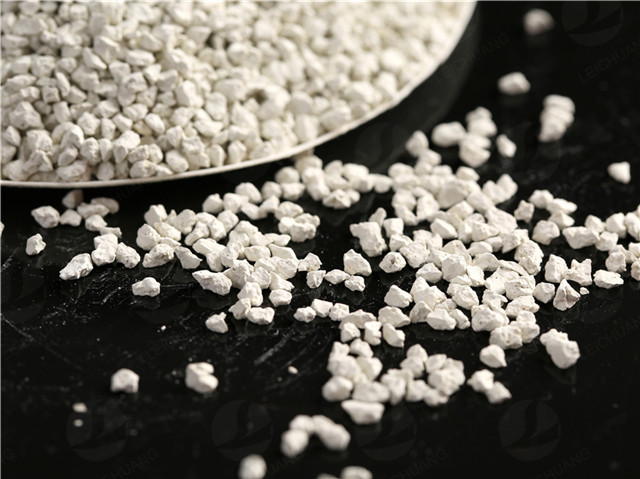
Lawn Fertilization
Many lawn fertilizers contain a high amount of nitrogen to support vigorous, green growth, but there are drawbacks to using too much nitrogen-based fertilizer. Excess nitrogen can encourage lawn diseases and insect pests. Also, nitrogen is easily leached from soils by rainwater or irrigation. It may find its way into drinking water tables and sensitive aquatic ecosystems. In streams, rivers and estuaries, too much nitrogen triggers serious imbalances among the naturally occurring flora and fauna, a process called eutrophication. Using ferrous sulfate as a fertilizer may be a more environmentally friendly alternative in many cases.
Moss Control
If mosses have invaded portions of your lawn, ferrous sulfate can help control them. Since ferrous sulfate is an organic chemical compound that also provides soil nutrients, it poses much less risk to the environment than many synthetic herbicides. The effects of ferrous sulfate applications may last only one season or so unless additional moss eradication steps are taken. These include manual removal of any residual moss, sowing grass seed varieties best suited to your climate and dethatching your lawn regularly.
Yunnan Leichuang Technology Co., Ltd. is a professional manufacturer. We provide integrated services of sales, storage and transportation of chemical raw materials. The company has modern quality management system, and all products are stored after quality inspection. We can supply high-quality products and favorable prices for you. If you want to know more info about ferrous sulfate monohydrate, please contact us:
Email: 478675005@qq.com
Mobile: 0086-13888029777
Related Posts
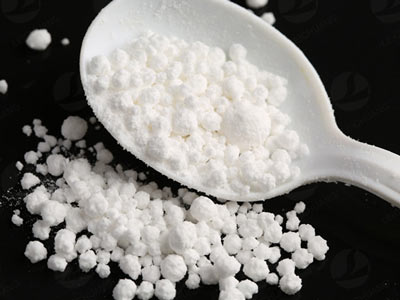
-
Calcium Chloride (CaCl2) is One
Calcium chloride (CaCl2) is one of nature’s uncommon wonders. It’s a specialty salt with unique properties that improve driving and pedestrian safety, remove unhealthy dust from the air we breathe.…
Aug 29, 2018
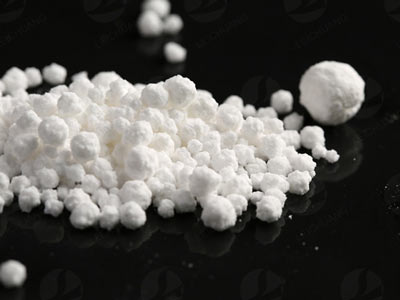
-
Is Calcium Chloride Dangerous
Calcium chloride is a dough-strengthening and -raising agent, as well as a preservative, says the World Health Organization. It helps to make food, like pickles, taste salty, without actually adding salt.…
Aug 29, 2018
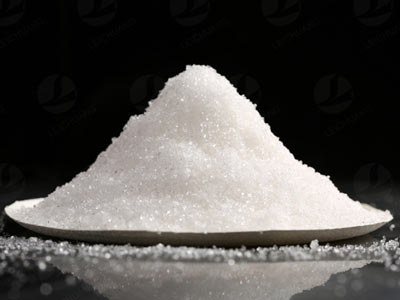
-
Different Types of Magnesium Su
Magnesium sulfate, chemical formula MgO4S, and CAS No.7487-88-9, is an inorganic salt chemical compound containing magnesium, sulfur and oxygen.…
Aug 29, 2018
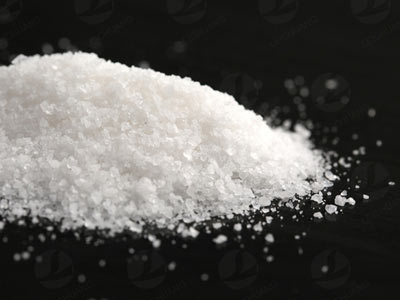
-
What Is It: Polyacrylamide and
Polyacrylamide (PAM) is a polymer that is formed from units of acrylamide, a known neurotoxin. It is a commercially relevant cationic polymer utilized mainly for water treatment due to its high efficiency and rapid dissolution.…
Aug 29, 2018








